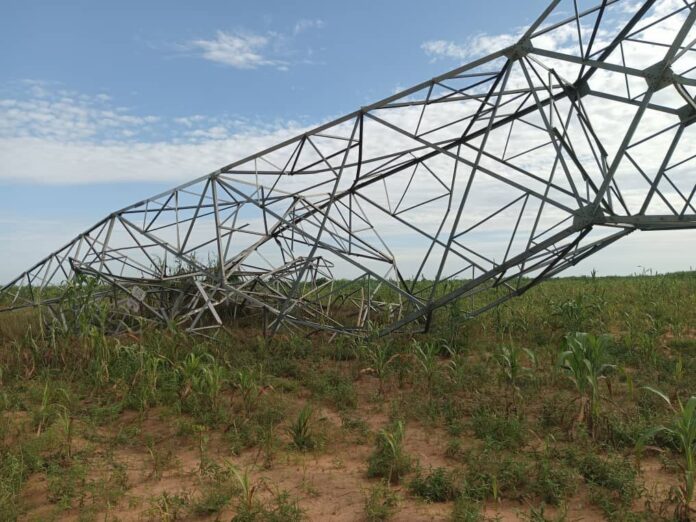Power and energy commissioners representing Nigeria’s 36 states have rejected assertions that subnational governments are abandoning their pledge to deliver decentralized electricity supply across the country.
The Forum of Commissioners for Power and Energy has clarified that no state has withdrawn from the reform process. Instead, the group noted that additional states continue to enact legislation, establish regulatory bodies, and take on oversight responsibilities each quarter.
According to the forum, 23 states have enacted laws to create their own electricity markets since the Electricity Act came into force, with more states expected to follow. Fourteen states have now received formal transfers of regulatory authority from the Nigerian Electricity Regulatory Commission.
The clarification came in a statement issued by Prince Eka Williams, the forum’s chairman and Cross River State’s commissioner for Power and Renewable Energy, alongside Acting Secretary Mohammed Ihiezue Abdulmutalib, who serves as Kogi State’s commissioner for Rural and Energy Development.
The statement addressed recent media reports suggesting that state governments have reversed their position on power sector reform following the Electricity Act’s passage. The forum described these reports as factually incorrect and unrepresentative of the actual advancement in electricity market reforms throughout Nigeria.
The commissioners emphasized that both they and their state governors remain dedicated to the reform agenda and have been actively pursuing opportunities created by the Electricity Act. They noted that states are at varying stages of implementing the law, including legislative adoption, regulatory establishment, and market framework development.
Recent developments highlighted by the forum include ongoing formal transfer procedures for Bayelsa and Nasarawa states. Akwa Ibom State recently presented its state market strategy during an energy summit, demonstrating clear determination to establish its electricity market.
The commissioners pointed out that other states are organizing stakeholder consultations, training sessions, and policy discussions to speed up the transfer of electricity governance to the local level. Regulatory bodies have been formed in leading states, while others are in advanced phases of creating their own commissions, proving that state markets are functioning rather than merely conceptual.
States throughout all regions are examining options for independent regulation, pricing structures, and market organization, the forum stated.

